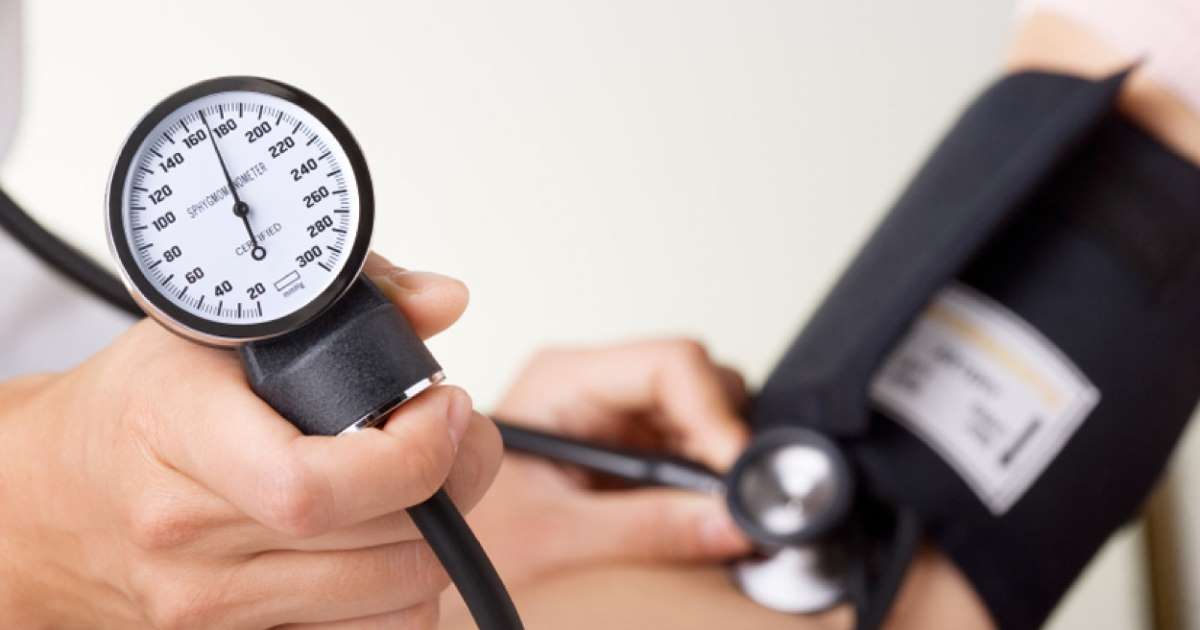Treatment Options For Ehlers-Danlos Syndrome
Ehlers-Danlos syndrome is a type of connective tissue condition affecting the bones, blood vessels, skin, and a variety of other tissues and organs. The complications and symptoms range from mild to life-threatening. There are multiple types of Ehlers-Danlos syndrome, but most involve hypermobile joints. With the classic type, patients may also have fragile and stretchy skin. The vascular type is often characterized by certain facial features, such as a thin upper lip, prominent eyes, thin nose, and small earlobes. With this type, the risk of arterial rupture is possible since these vessels can be weakened. The intestinal and uterine walls are also at risk of weakening and rupture. Ehlers-Danlos syndrome is incurable, but there are treatment options to help patients manage the disorder.
Pain Relievers

Joint discomfort is not uncommon, so patients may need medication to alleviate this pain. In most cases, doctors recommend over-the-counter pain relievers, such as naproxen sodium, acetaminophen, and ibuprofen. It is important to use these precisely as directed. Patients taking other medications should talk to their physician to ensure it is safe to add these drugs to their regimen. Individuals at risk for bleeding or taking blood thinners should not use ibuprofen or naproxen sodium without their doctor’s permission. When pain is especially severe, such as following a joint dislocation or other acute injury, doctors might prescribe stronger pain medicines. These might include tramadol or opioid drugs, such as hydrocodone or oxycodone. These are typically only used for a short while until the heightened pain alleviates, at which point they can be downgraded to over-the-counter pain relievers.
Continue reading for the next method of treating Ehlers-Danlos syndrome.
Physical Therapy

Physical therapy is a common element of treatment regimens for Ehlers-Danlos syndrome. Performing specific exercises to stabilize the joints and strengthen the muscles may help to reduce the risk of joint dislocations. A physical therapist can also help patients choose joint braces to further reduce the risk of dislocations. This type of therapy generally begins with an evaluation, allowing the patient and therapist to identify the joints most at risk for dislocation. The therapy often involves a series of exercises that will target the muscles associated with the joints the therapist and patient feel are the least stable.
This type of therapy will likely be ongoing. For example, patients may go for several weeks, take a few months off and then go back for more sessions. Home exercises might also be prescribed to be done long-term.
Continue reading for the next treatment option for Ehlers-Danlos syndrome.
Blood Pressure Medication

Certain types of Ehlers-Danlos syndrome cause blood vessel fragility. Blood pressure medication might be prescribed to ensure blood pressure does not get elevated. Every time the heart beats, blood is sent through the arteries, and as blood pressure increases, this heightens the force at which blood is pushed through. If a blood vessel is weakened and the force of blood through it is elevated, it can increase the risk of the vessel rupturing. The exact drugs used depend on the patient, their blood pressure numbers, other medical issues, and any other medication they are taking. These drugs are typically taken daily, and patients are also sometimes advised to follow a diet to control blood pressure. Doctors might suggest patients get a blood pressure device, so they can also keep an eye on their numbers at home.
Continue to learn about surgery as an option for treating this condition.
Surgery

Repeated dislocations may cause joint damage over time that requires surgery to be repaired. The procedure needed depends on the affected joint and the level of damage. For repairs, arthroscopic procedures may be considered. Hardware may be placed to add stability to especially unstable joints. If damage to certain joints is very severe, doctors might discuss total joint replacement with their patients. Patients with the vascular type of Ehlers-Danlos syndrome who experience a blood vessel rupture typically require surgery to repair it, which may be done under emergency circumstances. The rupture severity and the exact vessel affected determine the surgical technique used. Due to the skin issues many patients with Ehlers-Danlos syndrome experience, it is generally suggested that stitches not be used to close surgical incisions. Instead, patients may benefit more from closing incisions with either tape or staples.
Continue for more on treating Ehlers-Danlos syndrome.
Home Remedies

There are some home remedies and life changes patients can make to better cope with Ehlers-Danlos syndrome. For instance, it is important to be wary of the sports and activities patients engage in, such as contact sports, as they increase injury risk. However, regular exercise is vital to keep the joints healthy and strong. Because of this, activities, such as swimming or recreational biking are a good idea. When biking, wearing protective equipment on the joints, such as knee and elbow pads, is advised. Musical instruments that require blowing should be avoided since they can increase the risk of a collapsed lung. Instead, patients might consider a piano, guitar, or violin. Due to potential issues with the jaw joint, avoid chewing on hard foods, gum, and ice.